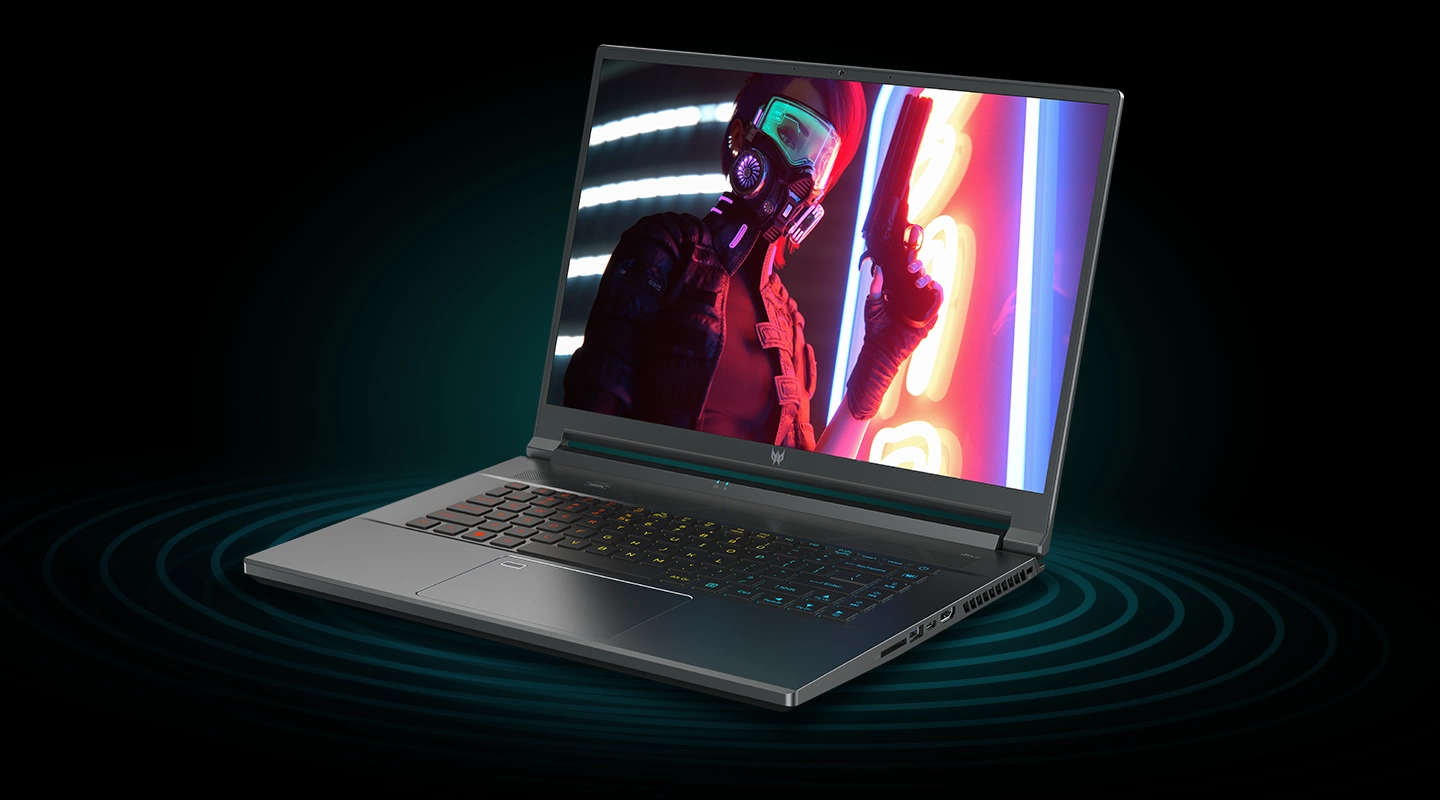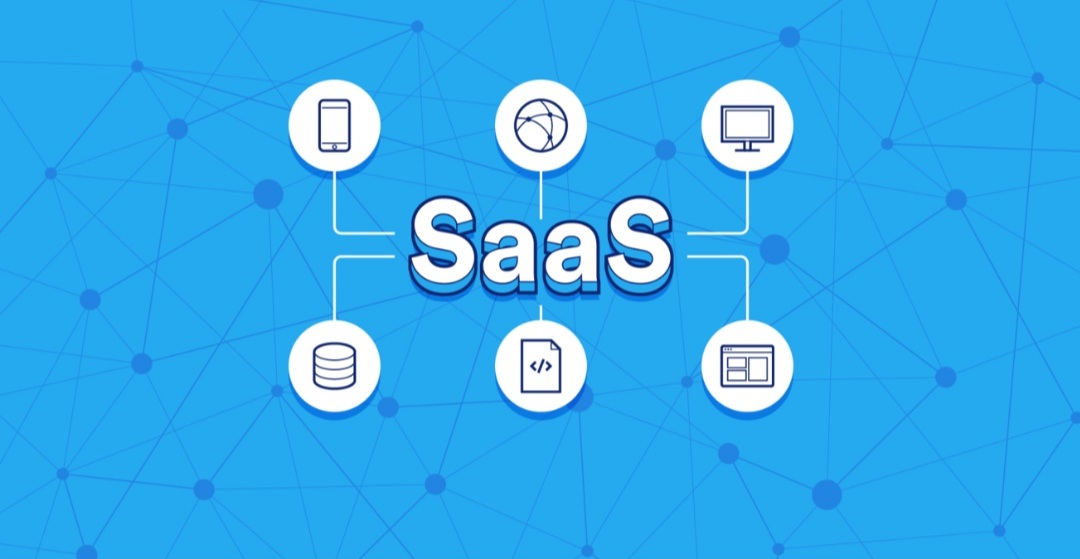7 Essential Tips Before Purchasing a Refurbished Laptop

Refurbished laptops offer a fantastic way to snag a powerful machine at a significantly lower price. However, navigating the world of refurbished electronics can be tricky. Here are 7 essential tips to make sure you’re getting a great deal and a reliable laptop.
1. Understand the Terminology
- Refurbished: A refurbished laptop has been used, returned, and then professionally restored to like-new condition. This process involves testing, repairs (if necessary), cleaning, and possibly replacing components.
- Certified Refurbished: This indicates the original manufacturer or an authorized reseller has done the refurbishment, often offering better quality assurance.
- Used: A used laptop is sold “as-is”. It may or may not have been inspected or repaired.
2. Stick with Reputable Sellers
Purchasing from a well-established retailer or a manufacturer’s official refurbished store provides added peace of mind. Look for sellers with a proven track record and positive customer reviews.
ALSO READ : https://vimcomplex.xyz/how-to-speed-up-your-laptop-in-2024/
3. Examine the Warranty
A solid warranty is crucial on a refurbished laptop. Most reputable sellers offer at least a 90-day warranty, with some extending to a full year. Look for a warranty that covers both parts and labor, ensuring you’re protected if something goes wrong.
4. Consider the Specifications
Don’t just focus on the price! Make sure the laptop’s specifications match your needs. Pay attention to:
- Processor (CPU): The brain of the laptop, so choose a newer generation CPU (Intel Core i5, i7, or similar for demanding tasks).
- Memory (RAM): Aim for at least 8GB of RAM for smooth multitasking.
- Storage: SSD storage is significantly faster than traditional hard drives (HDDs). 256GB of SSD storage is a good starting point.
- Display: Resolution, size, and panel technology are important for image and video quality.
5. Check the Cosmetic Condition
Refurbished laptops can have varying degrees of cosmetic wear and tear. Some sellers will use grading systems:
- Grade A: Like-new, minimal signs of use
- Grade B: May have minor scratches or scuffs
- Grade C: Noticeable signs of wear but fully functional
Choose the grade that aligns with your budget and your tolerance for imperfections.
6. Scrutinize the Return Policy
A flexible return policy gives you a safety net in case you’re unhappy with the laptop. Ensure you understand the conditions and timeframe for returns or exchanges.
7. Be Realistic
While getting a fantastic deal is possible, have realistic expectations. A refurbished laptop will likely not be the absolute latest model and might have some minor cosmetic flaws.
Pros and Cons of Buying a Refurbished Laptop
Pros:
- Significant cost savings
- Environmentally friendly option
- Often come with warranties
Cons:
- May be older models
- Might have shorter battery life compared to brand-new laptops
- Potential for cosmetic imperfections
Should You Buy a Refurbished Laptop?
If you’re looking for a budget-friendly option, comfortable with slightly older technology, and are willing to do some research, then a refurbished laptop can be a brilliant choice.
By following these essential tips, you can confidently find a refurbished laptop that meets your needs and saves you a substantial amount of money.



